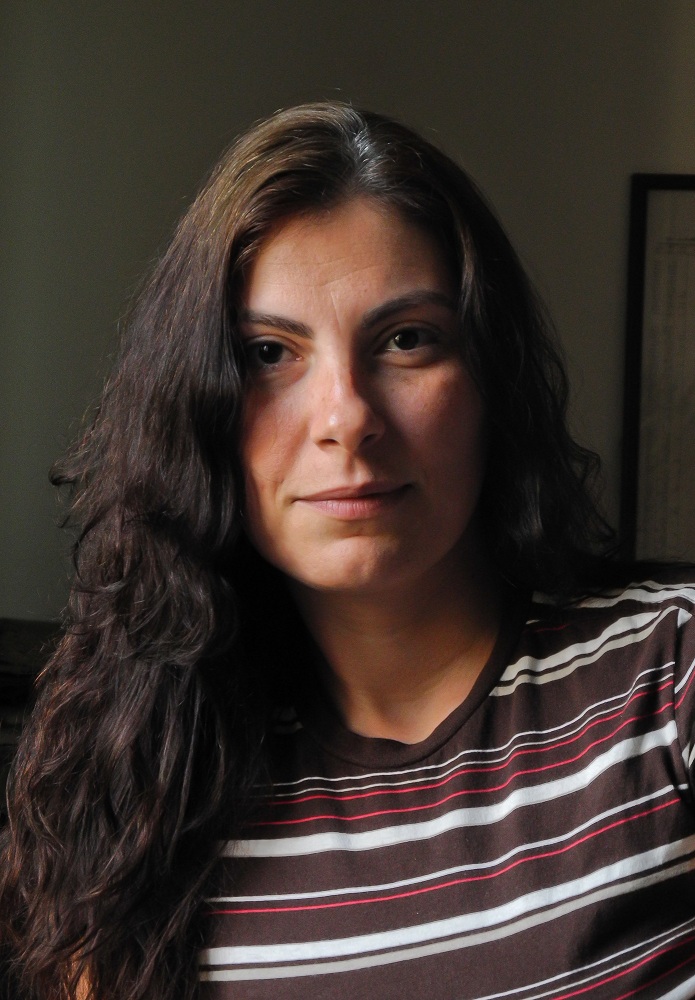By Qazi Abdul Qadeer Khamosh
ISLAMABAD: As I followed the bloody demonstrations in Afghanistan these past few weeks on the news, I wondered if dialogue could help people realize the consequences of reacting violently to incendiary or divisive news. Though there have been no killings or similar protests in my own country, Pakistan, in response to the radical pastor in Florida burning the Quran in March, we do have our share of intolerance and violence when it comes to the treatment of religious minorities.
I was born and raised in an orthodox Muslim family and have been working on interfaith dialogue in Pakistan for approximately two decades. I have made many friends from different faith traditions in Pakistan, including Christians, Hindus, Sikhs and members of other religious communities. And I feel there has never been such a great need to respect each others’ religious beliefs and live in harmony than at this moment.
I have long been considering the creation of a forum in Pakistan in which people from different religious and ethnic backgrounds, irrespective of their political affiliations, could discuss communal problems and find ways to promote inclusivity. A forum like this would be in line with Pakistan’s founding father Muhammad Ali Jinnah’s vision of a cohesive, inclusive Pakistan. His vision was to create a nation in which being considered Pakistani was based solely on citizenship.
With that aim I founded Dialogue, and invited friends from different walks of life — politicians, religious leaders of all faiths, social workers, educators, businesspeople and others — to join. The purpose was to find ways to implement Jinnah’s vision of an impartial, tolerant country, free from sectarian and religious intolerance.
On Pakistan Day, 23 March, which commemorates the Lahore Resolution of 1940 that helped lay the foundation for modern Pakistan, Dialogue conducted its first seminar on Pakistan’s stability and the role of minorities. On the same day in 1940, the Muslims of the Indian subcontinent pledged to create an independent homeland, where they could live in accordance with their religious and cultural values.
Many prominent Christian and Muslim religious leaders, as well as political and social leaders, attended the seminar, including Bishop Samuel Azariah, President of the Church of Pakistan; J. Salik, a Christian politician and former Federal Minister for Minorities; and Sardar Asif Ahmad Ali, former Foreign Minister of Pakistan, who also presided over the seminar. The speakers reminded the audience of the importance of encouraging and teaching tolerance to members of their own communities and the value of every community’s role in the development of this country.
They traced the problems with intolerance to misguided religiosity, a lack of well-rounded education, political instability, the weakness of democratic institutions and a long, complex judicial system that often fails to deliver justice. Unless these systems are rebuilt to support a collective sense of nationalism, no quick remedy will be available for the plethora of problems that Pakistan is facing today.
During the dialogue session, the participants discussed the ways that Muslim communities could play a role in bringing non-Muslim religious minorities into the mainstream. The religious leaders that were gathered there suggested that it was most important to have Muslim leaders organize a movement to reform laws that currently distinguish between Pakistanis on the basis of religion. Additionally, a code of conduct should be developed for communities, reaffirming minorities’ status as true citizens of the state. Finally, Muslim communities should help bring religious minorities into mainstream consciousness by highlighting those minorities’ positive roles in Pakistani society.
I believe that sincere and honest conversations, continued communication, giving credit where it is due and doing good to others holds the key to creating peace, as well as to achieving our true potential as individuals and as nations. As the Quran says: “The good deed and the evil deed are not alike. Repel the evil deed with one which is better, then lo! He, between whom and thee there was enmity (will become) as though he was a bosom friend” (41:34).
Qazi Abdul Qadeer Khamosh is Founder and Chairman of the Muslim Christian Federation International (MCFI) and of Dialogue, a forum for civil dialogue in Islamabad. This article is part of a series on religious leaders speaking out about tolerance written for the Common Ground News Service (CGNews), www.commongroundnews.org.


